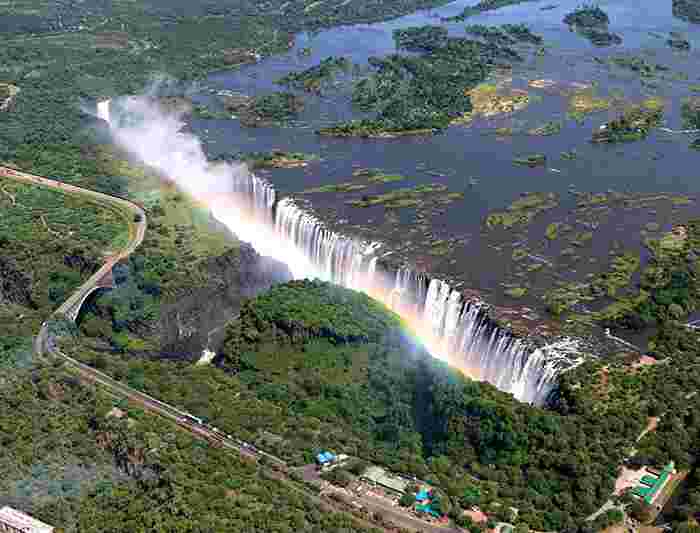By Nokuthaba Dlamini
Victoria Falls residents have threatened to stop paying council bills demanding transparency and accountability in the management of funds by the local authority.
This comes at a time when residents of the resort town have questioned the manner in which the Victoria Falls Town Council has managed the street lighting and Mosi Oa Tunya Secondary School levies.
The Mosi Oa Tunya Secondary School levy which is contributed by residents and corporates towards the building of the school’s public hall.
Residents say they have been paying monthly for the services over the past four year without any significant development taking place.
The matter was first raised by the Employers Association of Tourism and safari Operators (EASTO) president, Clement Mukwasi, at the Council Chambers on Monday amid calls for suspension of the two levies.
The country’s tourism capital is currently carrying out consultations for its 2021 budget.
“Let’s look at what communities can afford and our projects should also be influenced by that,” Mukwasi said.
“Council should reconsider school fees levy that was put four years ago for the development of Mosi Oa Tunya Secondary School because surely we cannot continue paying for a service that we not seeing any result of. You need to first account with proof how you have used the money because for all these past years there has not been any single structure of a hall at the school yet you continue to bill on monthly basis and even increasing that fee.”
His sentiments were echoed by another resident who in addition called for the scrapping of street lights levy.
“Those levies should be put on hold or abolished until you are able to account for every contribution,” said the resident.
“We have paid for street lights for years now in addition to education levy and none of these projects has taken off. That project should be complete by now considering the charges we pay per household and business sector. Right now we should be talking of assisting other schools like Chamabondo and Chinotimba primary schools. Year in and year out you guys only talk about hiking these rates on top of sewer, refuse collection and roads levies and we have never seen how the money is channelled towards its purpose so it is therefore my submission that education and street lights levy be removed.”
High density suburbs residents contribute ZWL$40 per month towards the education levy, while for street lights they pay ZWL$20.
Several residents seconded the suggestion while others suggested that the education levy should be maintained to cater for less privileged students.
“That levy should stand because we have children that come from poor backgrounds who need such funds,” said Christopher Ndiweni.
“They need to learn how to use computers for instance, and it is our duty to ensure that we assist them by paying such levies.”
However, in response, the council’s finance director, Neville Ndlovu, said residents would be allowed to have a perusal of funds disbursement when audits have been done.
Meanwhile, some residents demanded accountability in the allocation of stands, arguing they have been on the waiting list for the past two decades without being considered.
Environmentalists advocated for the protection of animal corridors around the parks area, revealing that residents were littering and polluting the environment posing a risk to the wildlife.
Others also called for the resuscitation of sports and leisure areas.
Ndlovu added that service delivery had been negatively affected by inflation rate and residents’ failure to pay for services.

